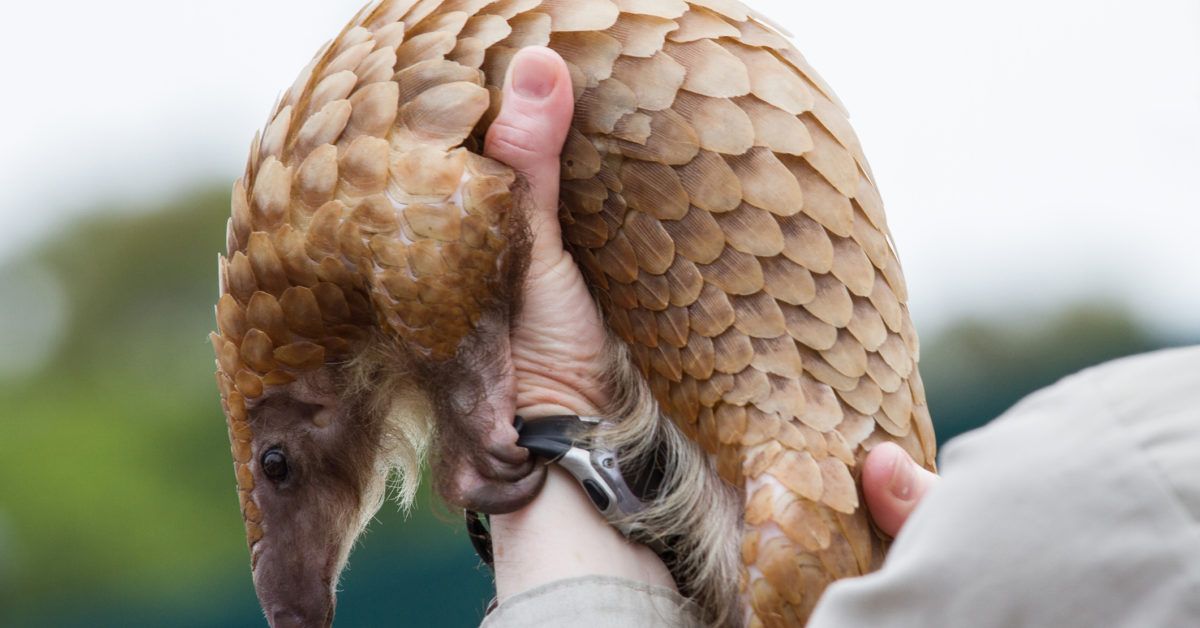Treversal
Member
- Messages
- 408

Why are infections from animals so dangerous to humans?
From animal viruses fighting the human immune system, to possible COVID-19 scenarios, we explore the factors that shed light on a complex question.
 www.medicalnewstoday.com
www.medicalnewstoday.com
